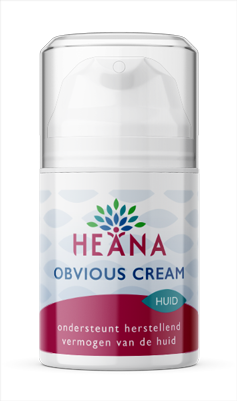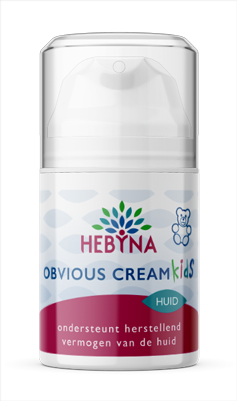
Insect sting
Wasps, bees, mosquitoes, ants, fleas, drones: there are plenty of itchy critters crawling around in our country and they can sometimes sting. Usually it's just annoying, but sometimes it's dangerous. What do you do in case of an insect sting?
What do you diagnose in insect stings?
Local swelling
Itching
Redness
Sometimes pain or stinging sensation
What do you do in case of insect sting?
If stung in the mouth or throat by a bee, wasp or hornet: Call 911 immediately. Meanwhile, have the victim suck on an ice cube or popsicle to reduce swelling.
In case of an allergic reaction: Call 911 immediately in case of allergic symptoms after an insect sting. Consider severe shortness of breath, shock symptoms or swelling in the neck. Does a victim carry an adrenaline pen ( EpiPen ) ? and does the victim have swollen lips or shortness of breath ? Then you can help him/her to administer that pen. The adrenaline can be administered through the clothing if it is not too thick because there is not a moment to lose.
In other cases:
For pain, irritation and itching, cool the bite site with a wet compress or cold pack or a bag of frozen peas. Do wrap these in a cloth first i v m freezing.
Is there a sting in the skin? Scrape it off with your fingernail or the blunt side of a knife. If an insect stings a finger, remove the rings from the finger.
Many benefit from lubricating with our Obvious Cream or Obvious Cream Kids!
Obvious Cream: Disinfects, cools, soothes, relieves pain, combats swelling.
You can apply it several times a day to adults and children (10 years and older).
For adults who are less tolerant of essential oils, children under the age of 10 and babies, we recommend the Obvious Cream Kids.

